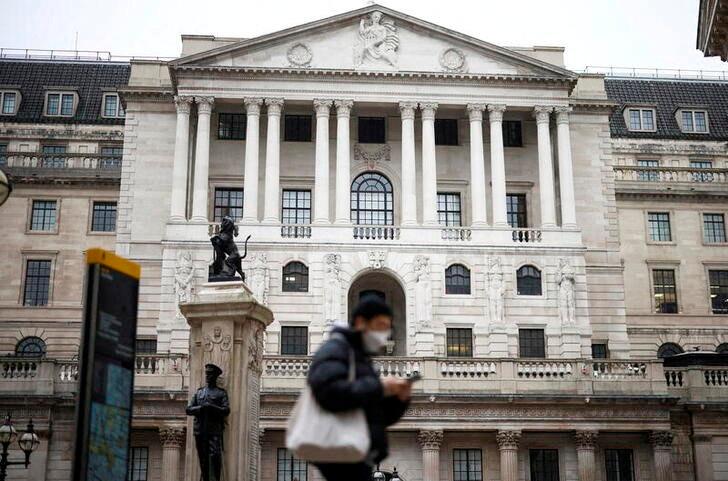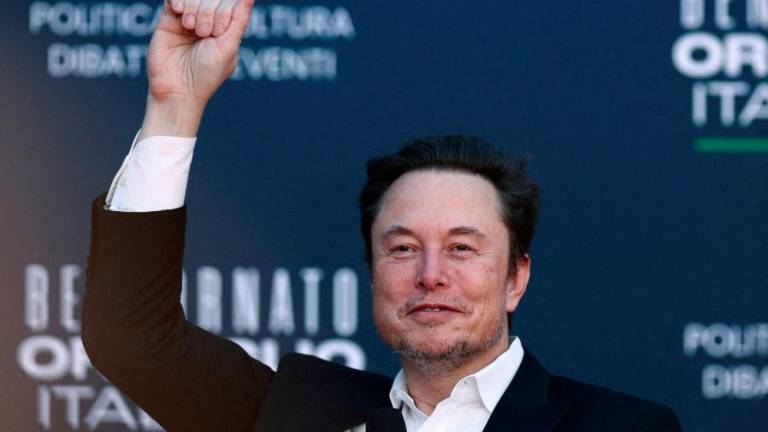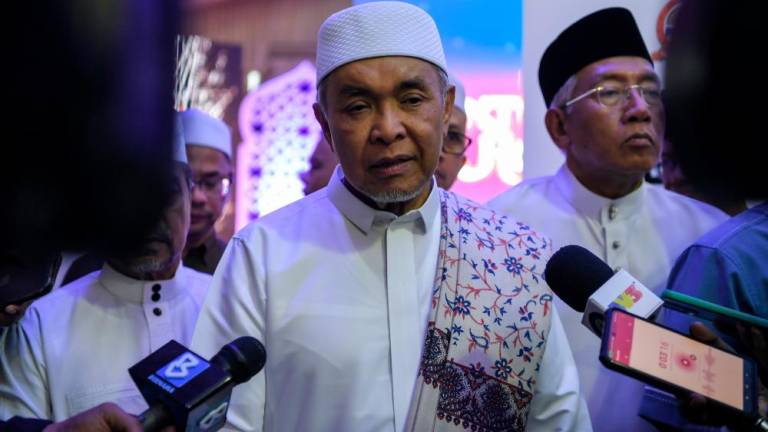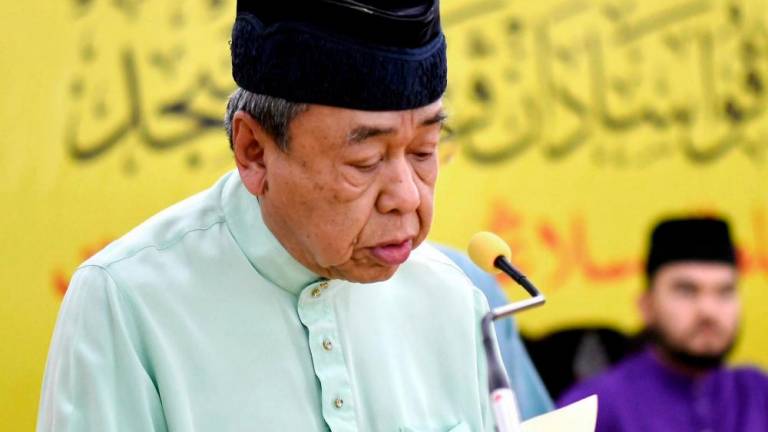LONDON: The Bank of England (BoE) yesterday increased its main interest rate for the fifth straight time, as it forecast decades-high British inflation to soar further this year to above 11%.
BoE policymakers agreed at a regular meeting to increase the cost of borrowing by a quarter-point to 1.25%, the highest level since the global financial crisis in 2009.
Following the announcement, the pound slumped 1% against the dollar before rebounding.
Analysts bet that the BoE would eventually mirror the Federal Reserve by aggressively hiking rates.
For now, the BoE is avoiding “shock and awe tactics being employed across the Atlantic”, said Laith Khalaf, head of investment analysis at AJ Bell. “Despite the UK starting to tighten monetary policy first, interest rates are now higher in the US.”
UK inflation currently stands at 9%, last seen 40 years ago.
The BoE’s latest rate increase was in response to “continuing signs of robust cost and price pressures ... and the risk that those pressures become more persistent”, according to minutes of the UK meeting.
A minority of BoE policymakers had voted for an increase to 1.5%.
The BoE yesterday forecast the UK economy to contract by 0.3% in the second quarter that ends on June 30 – and after growing in the first three months of the year.
A recession is defined as two consecutive quarters of negative growth.
“Inflation risks being a slow poison for the economy, so the Bank of England is trying to take an antidote now by raising interest rates,” said Susannah Streeter, senior investment and markets analyst at Hargreaves Lansdown.
“However, it can only take a small dose at a time given the ailing nature of the economy ... with more hikes to follow.”
Higher interest rates, while boosting returns for savers, ramp up loan repayments for businesses and households. – AFP













